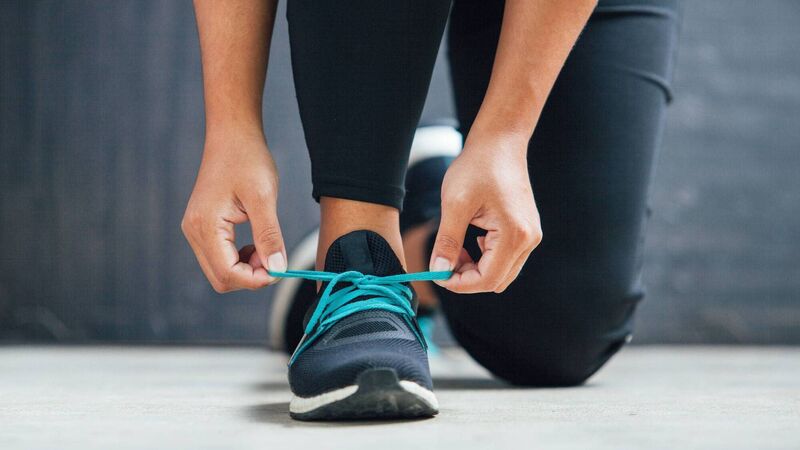Let it flow: How to age-proof your arteries

Aerobic exercise — including walking, swimming and cycling — still holds the trump card for your arteries and should be performed as often as possible.
Try from €1.50 / week
SUBSCRIBE
Aerobic exercise — including walking, swimming and cycling — still holds the trump card for your arteries and should be performed as often as possible.
HOW healthy are your arteries? From our 40s and 50s onwards, our arteries are stiffening with age, changing from the healthy, pliable blood vessels of youth that reliably expand and contract for an even pulse of oxygenated blood from the heart, into stiffer, inflexible vessels through which blood flow through is more erratic. As a consequence, blood pressure rises, circulation to vital organs is affected and strokes and heart attacks, among other health complaints, become more of a risk.
But what if we could preserve our arteries with anti-ageing strategies that keep them young? A recent study in the Journal of Physiologysuggested that is possible with a simple daily step that is easily incorporated into our lives. According to the researchers from the University of Milan’s department of biomedical sciences a programme of passive stretches – the kind that require you stay in one position for a set time as in many yoga postures, using gravity (or a partner) to help you restore some of the youthful attributes of arteries making it easier for them to dilate.
Already a subscriber? Sign in
You have reached your article limit.
Annual €130 €80
Best value
Monthly €12€6 / month
Introductory offers for new customers. Annual billed once for first year. Renews at €130. Monthly initial discount (first 3 months) billed monthly, then €12 a month. Ts&Cs apply.
CONNECT WITH US TODAY
Be the first to know the latest news and updates
Newsletter
The best food, health, entertainment and lifestyle content from the Irish Examiner, direct to your inbox.
Newsletter
The best food, health, entertainment and lifestyle content from the Irish Examiner, direct to your inbox.

Our team of experts are on hand to offer advice and answer your questions here
© Examiner Echo Group Limited